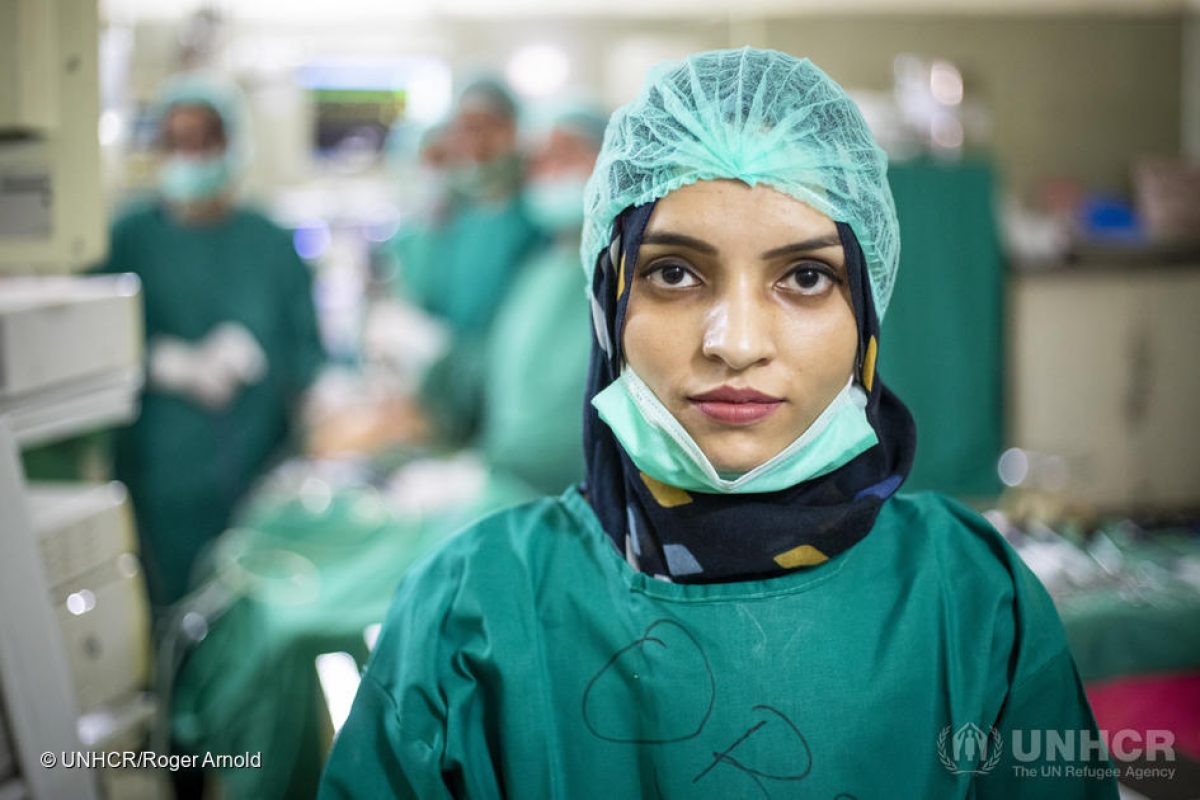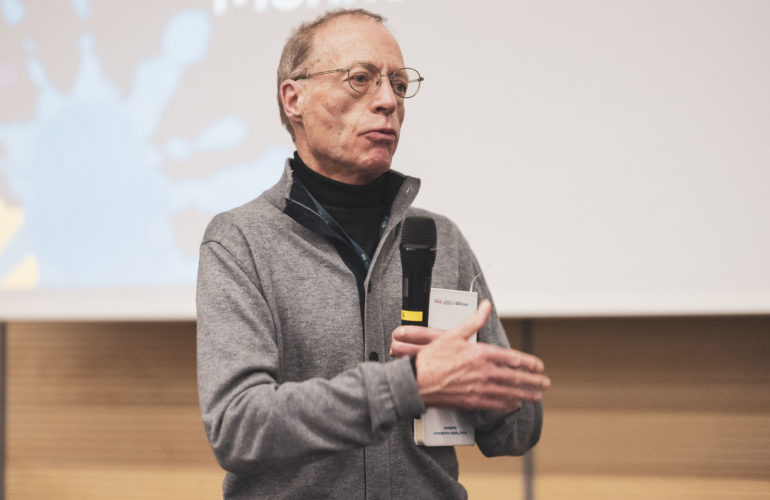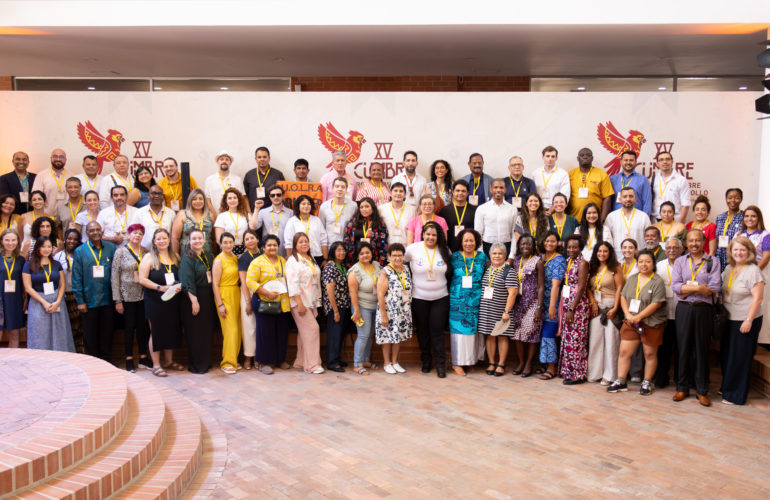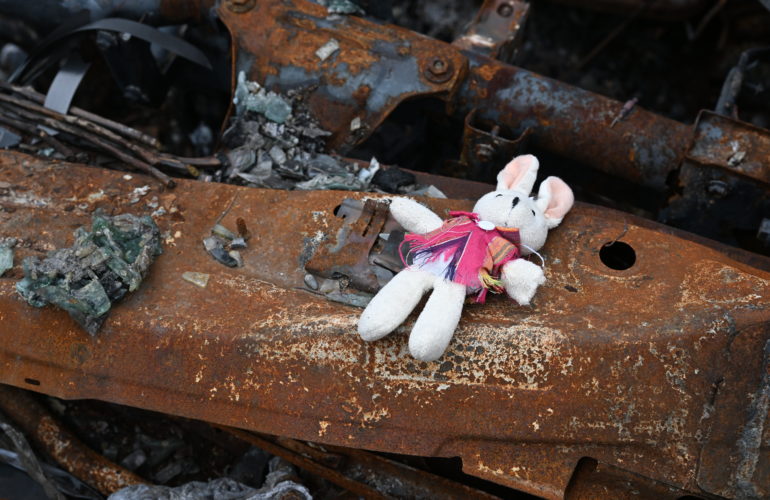Protecting Migrants and Refugees Is Crucial for Dealing Effectively With the COVID-19 Pandemic

Civil society organizations are calling on governments to adopt an inclusive, non-discriminatory approach in order to deal effectively with the COVID-19 pandemic. Such an approach must make migrants’ and refugees’ safety, health and wellbeing primary concerns, while recognizing the role they play in facing the crisis.
In a 7 April statement, civil society organizations grouped under the umbrella of the Civil Society Action Committee urged States and government authorities at all levels to protect migrants and refugees during the current health crisis and pledged their support and cooperation.
The Civil Society Action Committee coordinates civil society organizations’ engagement with global migration policy and governance, including the implementation of the Global Compact for Migration. It was created in 2016 and is co-convened by the International Catholic Migration Commission (ICMC), the International Council of Voluntary Agencies (ICVA) and the NGO Committee on Migration.
According to the statement, “the precarious situation of many migrants, refugees and their families […] jeopardizes their health and lives during this pandemic and reduces the possibility of what they may offer as solutions to this crisis, from healthcare to social and economic recovery.”
The signatories, therefore, urge governments to respect over-arching principles such as committing first and foremost to saving lives, guaranteeing the right to health for migrants and refugees, avoiding all discrimination and partnering with migrant and refugee communities to find solutions to the crisis.
The statement, which is open for additional civil society organizations’ sign-ons, puts forward a series of concrete recommendations to ensure an effective and rights-based response to the pandemic.
Of particular urgency is the decongestion of refugee camps and camp-like settings, which often lack appropriate sanitation facilities and where adequate isolation and social distancing are impossible. These are settings prone to allowing the rapid spread of COVID-19, with potentially disastrous consequences.
Much like camps, any settings where people live in close proximity are of particular concern. The statement urges governments to release people held in detention for immigration-related reasons. They should also be provided with adequate housing options upon release. The organizations urge governments never to detain children.
A moratorium on all further immigration-related detentions, especially in the cases of deportation or removal orders, should be implemented. Furthermore, no forced returns should be carried out for fear or suspicion of COVID-19 infection. Border controls must continue to respect international law and human rights, including the right to seek asylum and the prohibition of refoulement.
Firewalls between enforcement of immigration law and healthcare services should allow refugees and migrants to access the latter without fear of potential negative consequences.
Solidarity Is the Way Forward
“Because this pandemic affects everyone,” reads the statement, “we have the possibility, all of us — including migrants and refugees — to achieve these solutions together, in new solidarity. So let us meet this moment together: with solutions and solidarity.”
Signatories recommend several economic and social solutions, among which the role of donors is particularly important. “Donors should step up their support” to make essential services accessible “to all, regardless of migration status,” with relief packages explicitly including “funds to address the needs of migrants and refugees without discrimination.”
The statement calls on health authorities to make sure that measures put in place to control the spread of COVID-19 don’t “undermine the livelihoods of those living in the informal economy and who are reliant on daily income.”
When granting COVID-19-related humanitarian and development aid, international financial institutions are called to consider the effects of lost remittances for countries where those are a significant source of income for families and communities.
The statement mentions a non-exhaustive selection of good practices adopted by States and Inter-Governmental bodies in dealing with the pandemic in a rights-based manner. These range from governments that have released detained migrants, such as Belgium, The Netherlands and Spain, to governments that grant migrants healthcare and social services such as Portugal and the State of New York.
- Read the statement “First, Save Lives: Solutions for the COVID-19 Pandemic and New Solidarity with Migrants and Refugees” (also in Spanish and French)
- Civil society organizations are invited to sign on to the statement via this online form.


